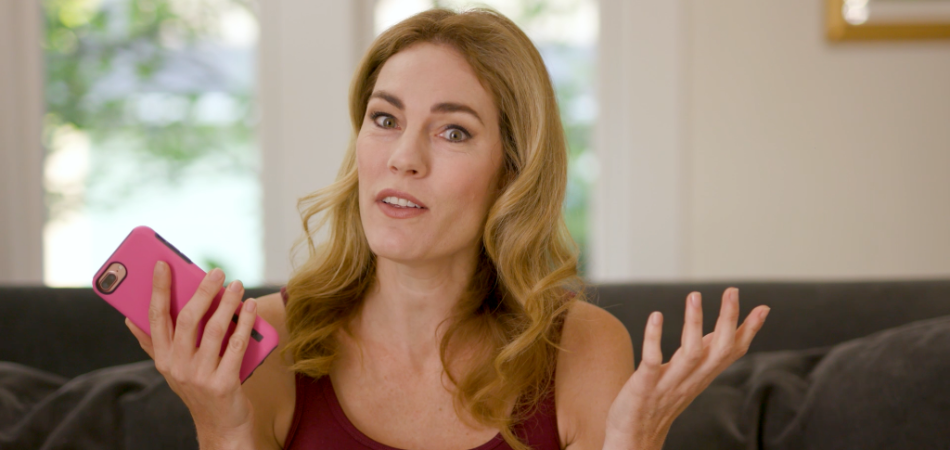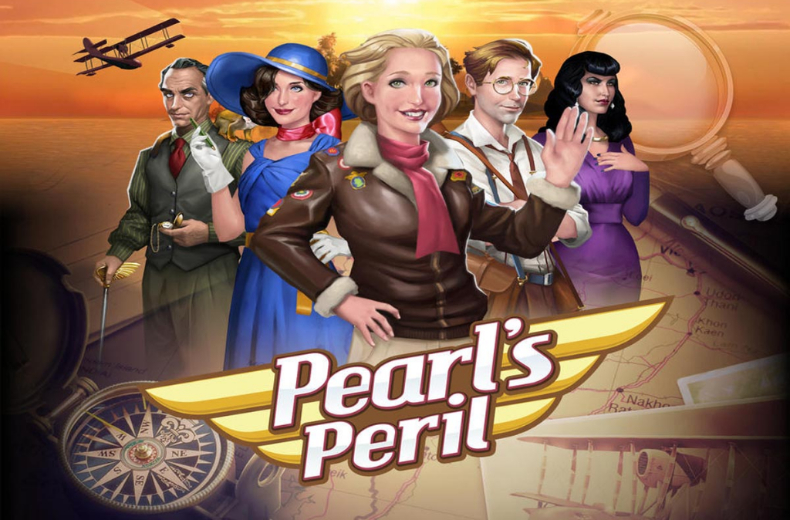
‘Inclusion has been fundamental to creative excellence’
Leaders from Reckitt, Lego and Chelsea Football Club, share how a focus on inclusion has driven the brands forward
Promotion in the gaming category has long been informed by two deep-seated assumptions; who plays games and why they play them.


Promotion in the gaming category has long been informed by two deep-seated assumptions; who plays games and why they play them.
Imagining the archetypal ‘gamer’ conjures up mental images of a sweaty teenager sitting in front of a games console in their bedroom. This depiction also comes with a gender-bias with many still seeing gaming as a predominantly male pastime. These assumptions are now being challenged by data showing a higher proportion of female and older gamers than previously assumed. But whilst the gaming market has changed, the fundamentals of how marketers approach it has not.
Gaming companies typically take a Game-First approach to marketing, following the codes of the genre while demonstrating its features, gameplay and graphics. They have one target: gamers. While some of these brands’ assumptions have been validated by huge commercial success, and will continue to do so in some genres, the proliferation of gaming has led to a fragmentation of genres and platforms. There are now more people playing games and yet the market persists in grouping them together as gamers, not truly understanding player’s motivations for gameplay or how and why different players may play for different reasons.
The advent of casual mobile gaming calls for a reappraisal of the established marketing approach because this new cohort of players would resolutely not class themselves as “gamers”. These individuals do not fit the stereotypical profile of a gamer and play these games for reasons that go beyond the game itself. To them, games fulfil a need in their day, escapism, pick-me-up, social currency, affiliation etc.
To resonate with these audiences and bring new people into gaming brands, we must start with the players and their playing behaviours, uncovering the need states that each game fulfils.
It requires a Human-First approach.

Wooga is one of the most popular developers of casual mobile games in the world, creating high quality puzzle, simulation and hidden object games for a global audience.
Wooga’s acquisition strategy relied solely on PPC campaigns that communicate the game and its key features in gaming contexts. As downloads of their flagship Hidden Object Game, Pearl’s Peril, began to plateau amongst their core 45 – 65 female demographic, they wanted explore new ways of introducing a younger audience to the game.
As with every challenge, our starting point is humans. We conducted research amongst existing players to understand their behaviours in relation to Pearl’s Peril and the relationship the brand was fulfilling.
Far from the adventure, intrigue and mental stimulation we anticipated from existing communications, we discovered that Pearl’s Peril players were playing for a mental break. Pearl’s Peril provides busy, routine-driven women a space in their day to mentally switch off. Much like a coffee and a flick through a gossip magazine, they play Pearl’s Peril to make time for themselves within the humdrum of their everyday.
Understanding the motivation for playing allowed us to define the Habitual Space Seeker, an audience based on a need state that transcends age or gender, tripling our audience opportunity.
The biggest barrier for playing Pearl’s Peril is one of permissibility. For many the mobile app gaming world is too childish or frivolous to enter into. The dominant brand relationship in the category is a ‘Secret Affair’, a guilty pleasure that only you know about.
Our ambition was to bring Pearl’s Peril and her players into the open and legitimise the game by carving out a unique position as a lifestyle brand that, like knitting, meditation or retail therapy, helps deliver much-needed me-time in the Habitual Space Seeker’s day.
Our creative idea makes heroines of Pearl’s Peril players by celebrating the benefits they get from playing the game to recruit new players.
‘Are you a friend of Pearl?’ muses Deva Dalporto, a US influencer who epitomises a young Habitual Space Seeker as she juggles busy schedules, runs the household and prioritises the needs of her family over her own to comic effect on her YouTube channel MyLifeSucks. She co-created a series of content that emphasises the importance of playing Pearl’s Peril to deliver me-time and the associated therapeutic benefits. The resulting content took Pearl’s Peril firmly out of the gaming world and into real life for a brand new audience.
Despite limited spend, the content reached 3.6m people and resulted in 23,000 link clicks, even re-engaging 13,000 lapsed users.
Jossy has over 11 years planning experience, 8 of which have been at HeyHuman. Since becoming planning director in 2014, Jossy has played a key role in evolving the agency proposition and building a planning team that lives and breathes behavioural economics and neuroscience as much as she does. She has worked across multiple channels in multiple categories including automotive, pharmaceutical, beauty & personal care, food & alcohol brands and has headed up planning on Diageo, Unilever, Sony Mobile, Wrigley, Mars, GSK and Slimfast in her time at HeyHuman.
Looks like you need to create a Creativebrief account to perform this action.
Create account Sign inLooks like you need to create a Creativebrief account to perform this action.
Create account Sign in